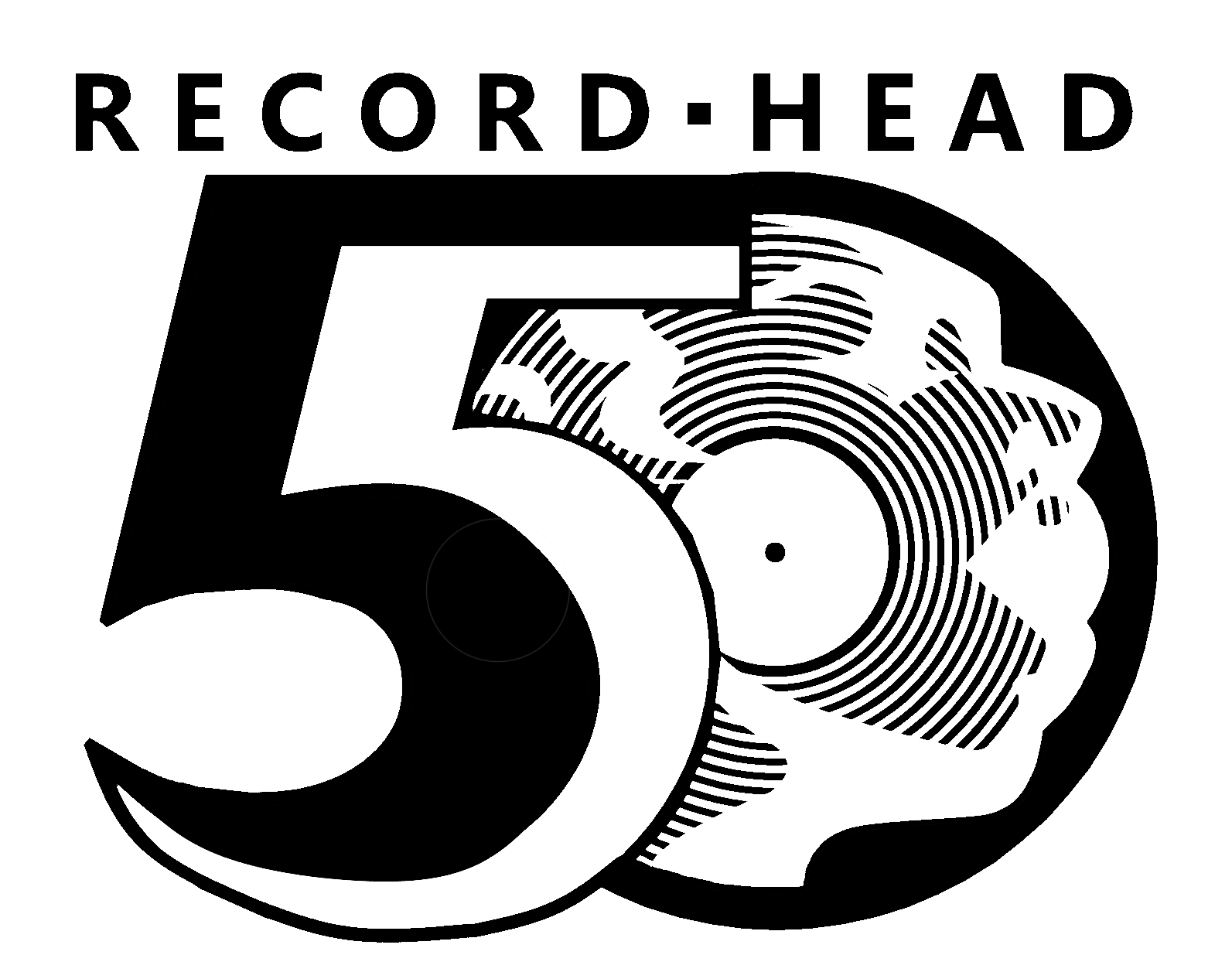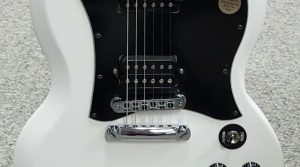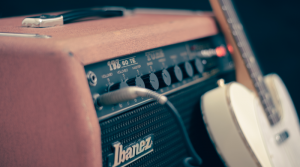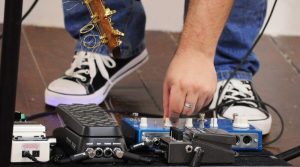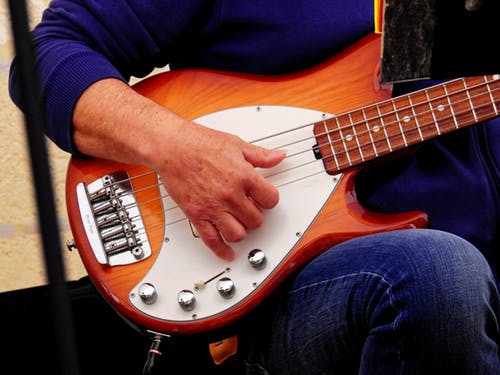 At one point in many people’s lives, they dreamed of being the guitarist that rocks that lead guitar with epic tunes and where people jump up and down to dance to the music. While it is a long life dream for many, some people made the choice of taking guitar lessons, eventually developing the skill of playing the guitar whether following a set of chords or plucking on your own tunes.
At one point in many people’s lives, they dreamed of being the guitarist that rocks that lead guitar with epic tunes and where people jump up and down to dance to the music. While it is a long life dream for many, some people made the choice of taking guitar lessons, eventually developing the skill of playing the guitar whether following a set of chords or plucking on your own tunes.
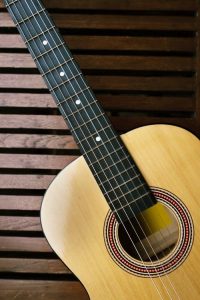 Basic Skills of Playing the Guitar
Basic Skills of Playing the Guitar
Having the skill to play the guitar is a little bit of a paradox. To the unknowing eyes, it seems like the most difficult skill to practice. However, once you start learning to play, you may find music to flow freely through you and you have more fun while playing the guitar. Now the next step is to practice some more and build up your skills until you are confident enough not to look through a guide while playing. One of the guitar skills that many guitarists practice is the picking speed.
Picking the guitar is when your fingers work individually on the strings to create music. The more you build your picking speed, the more flexible your fingers become to create much more precise and impressive music. Like any other skill, it takes practice and patience to develop your picking speed. Here are some of the most effective ways to help you with that.
1. Your Guitar Practice Time Becomes Much More Efficient
When you practice playing the guitar, you obviously invest a percentage of your time to build this skill. Whether you allot much or little of your time in guitar playing determines the development of your skills. For beginners, more time may be required to practice learning the basics ways of playing the guitar. As you become better, you focus more of your time playing tunes and making music.
You give more time to your picking speed until you eventually become a pro at the guitar. Practicing regularly will give you an edge to learn faster, play the guitar and make music on your own.
2. Directional Picking Improves Your Accents and Picking Articulation
In learning to build up picking speed, precision in picking is important. Picking and plucking the strings are a lot more effective when you follow directional picking with your strokes. This includes the accents in your tunes and the articulation of music it produces as you pick on the strings to play music. Timing and precision are essential factors to produce good music while playing the guitar.
Directional picking takes practice and muscle memorization when playing the guitar. Regular practice will help you develop directional picking to improve the articulation and accents of the tunes you play.
3. Synchronize Your Fretting and Picking Hands
 Playing the guitar relies mainly on both of your hands. While the picking and strumming hand is important to actually produce the music, the other hand doing the fretting is just as important to produce the tune and melody that you want to play. The two hands should be synchronized for a precise play.
Playing the guitar relies mainly on both of your hands. While the picking and strumming hand is important to actually produce the music, the other hand doing the fretting is just as important to produce the tune and melody that you want to play. The two hands should be synchronized for a precise play.
It takes constant practice and patience for beginners to learn to synchronize both hands when playing for a continuous and flawless play of music. All skilled guitarists have gone through constant practice to develop the sync of their fretting and picking.
4. Use a Metronome
A metronome is a device that produces a clicking sound depending on the set frequency. You may be familiar of this as the semi-triangular shaped object mostly found near musical instruments. A metronome is a tool used by musicians to produce a tempo for their music and to follow the tempo throughout playing their instrument. This is to ensure they do not go off-tempo be it faster or slower than necessary.
You can use a metronome during practice to also train your picking speed to follow the tempo. For many beginners, it’s easy to lose track of the tempo when you are focused on fretting and picking. The metronome will help you synchronize your tempo with your picking speed.
5. Analyze Your Playing
Many musicians record their playing time either through audio or video recording. For guitarists, it is more helpful to record yourself through video while playing the guitar so you can analyze your playing routine. You may have worked on your fretting, picking speed and tempo, but seeing yourself play through outside eyes gives you a perspective on how you play and what you can improve on.
Using an audio recording will help you focus on the music you produce, the tempo, the melody and the synchronization of your fretting and picking.
6. Practice Regularly
 Practice. It is as simple as that. If you want to improve on your guitar playing skills and build your picking speed, the most effective and fastest way to achieve this is through constant practice. Take your time and learn the basics to give you a foundation on playing the guitar. When you are confident with the basics, you can move to the more challenging skills in guitar playing.
Practice. It is as simple as that. If you want to improve on your guitar playing skills and build your picking speed, the most effective and fastest way to achieve this is through constant practice. Take your time and learn the basics to give you a foundation on playing the guitar. When you are confident with the basics, you can move to the more challenging skills in guitar playing.
It takes patience and lots of practice to become a guitar guru. When you do achieve the pro stage, it is fulfilling to know that you reached your goals through hard work and discipline.
Guitar pros and gurus went through the basic phases of playing the guitar. They learned through constant practice, patience, and sometimes with the help of other guitar pros. If you want to learn from the most experienced guitarists, you can take guitar lessons. Guitar playing is a wide skill and every day you can learn something new. From strumming to plucking, you can create music and have constant music in your life.
